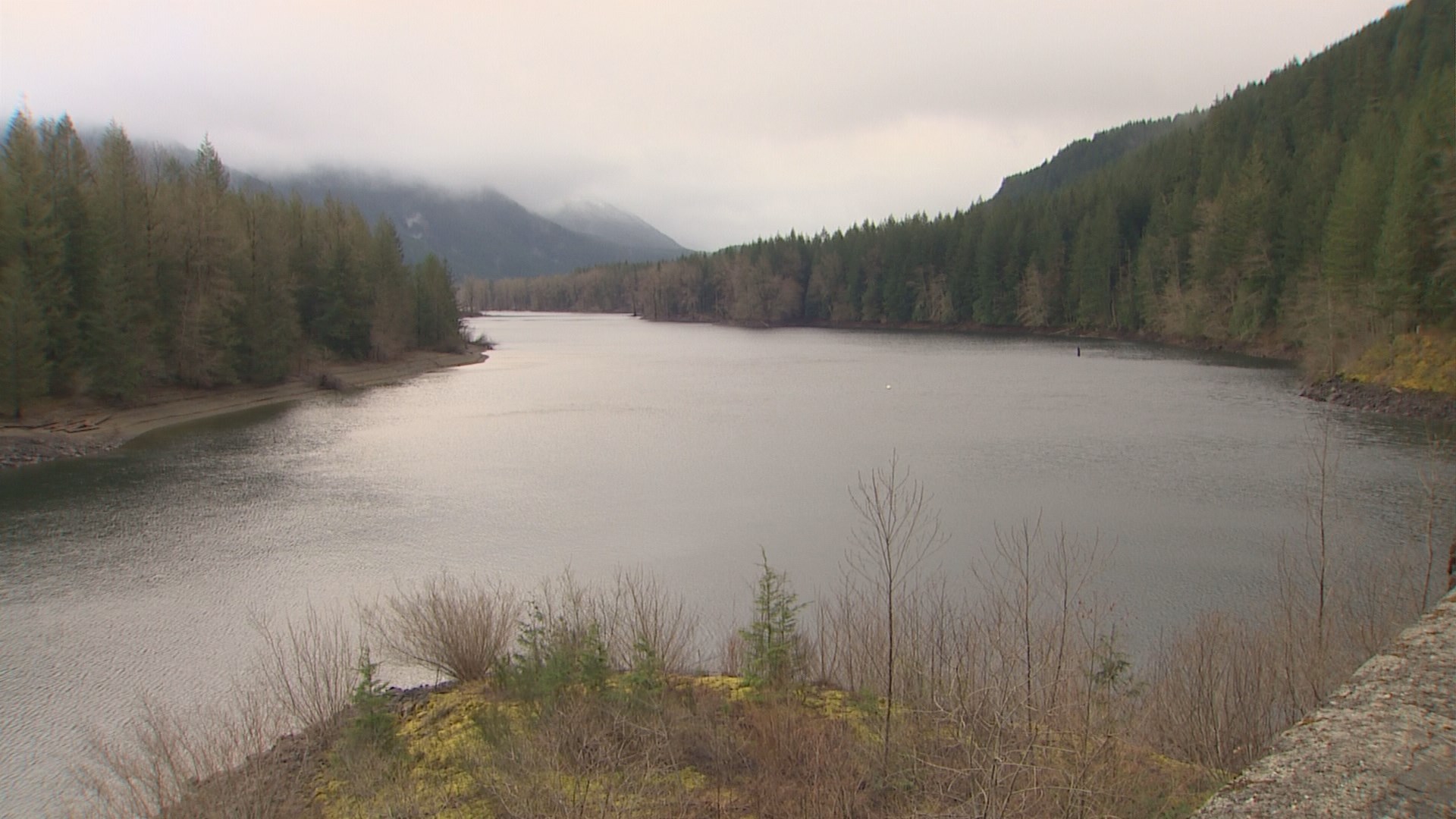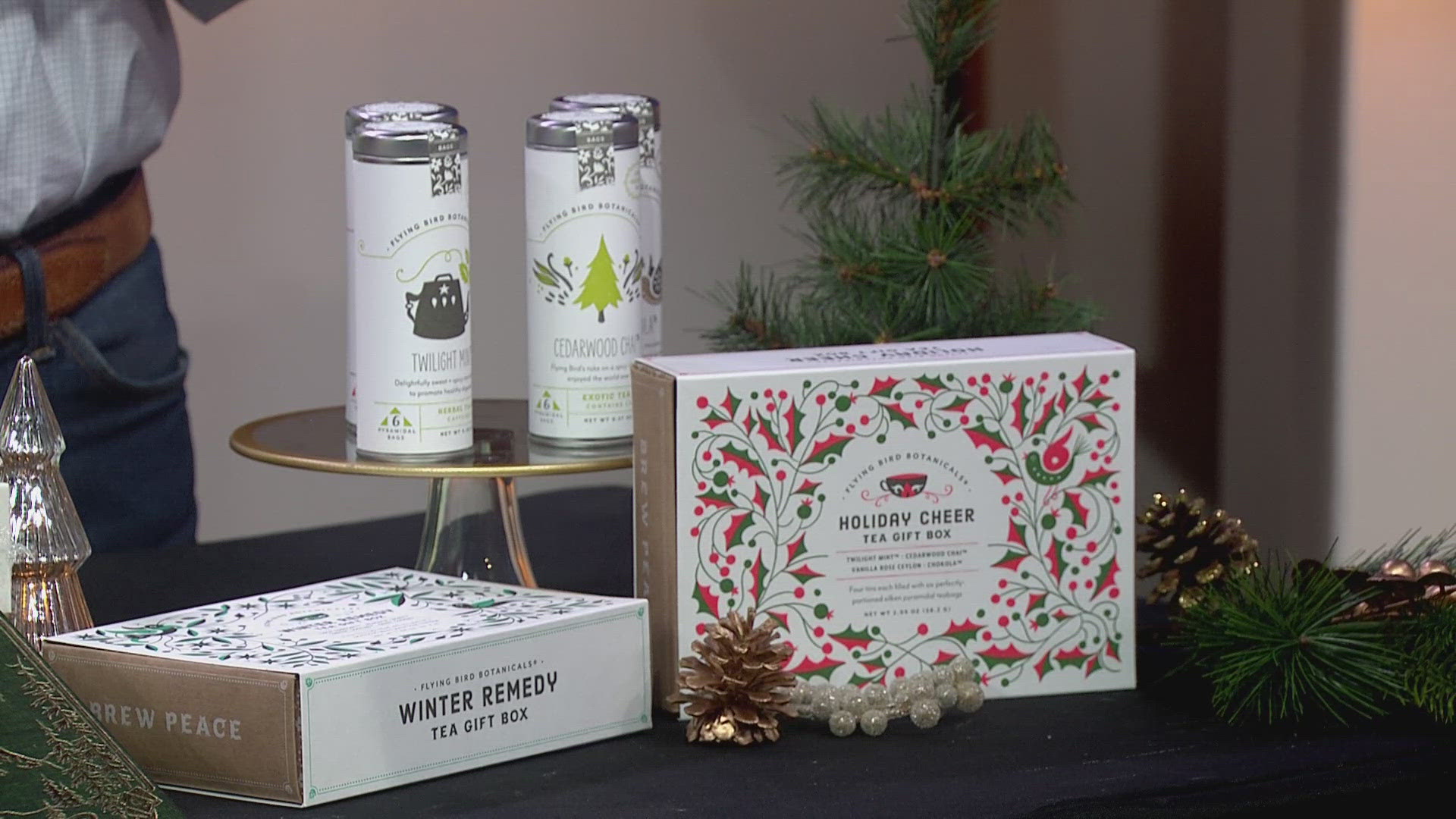As the governor of Michigan continues to face sharp criticism over the Flint water crisis, concerns over water safety continue to grow across the country. Seattle Public Utilities says its customers shouldn’t worry —there are many things that make Seattle area drinking water different from Flint’s.
Tucked away in the wilderness, just outside North Bend, is 90,000 acres of watershed land -- twice the size of Seattle. It’s off limits to the general public.
“We are quite unique in the country in the sense that we own all of the land that collects the water," said Ralph Naess of Seattle Public Utilities.
All of Seattle's drinking water comes from mountain snow or rain that feeds two watersheds. Seventy percent of the drinking water comes from the 90,000-acre Cedar River Watershed. Unlike Flint's water, Seattle's never comes in contact with the general public until it leaves a faucet. Because of that, there’s no need for Seattle’s water to be filtered for man-made pollutants, according to Naess.
“There’s obviously no pharmaceuticals or any of those things that people worry about in other water systems where there are lots and lots and lots of people living all around and putting stuff in the water,” said Naess.
The basin is monitored 24 hours a day, seven days a week by patrol crews to keep people out and the water clean. No trespassing signs are posted, and gates are maintained. Seattle Public Utilities continuously tests the water. Up to 200 million gallons of the H2O flows from the watershed to treatment centers each day, serving the 1.3 million customers of Seattle and a good number of its suburbs.
“It just produces some of the cleanest, best water in the world,” said Naess.
Experts say having that natural filter system in the Cascades puts people at minimal risk for water contamination. But, sometimes lead can still leach in from pipes in older homes and buildings. The City of Seattle says it’s fighting that problem with certain chemicals at its water treatment centers.
Watch KING 5 Morning News Tuesday as we explore the treatment of our drinking water.


